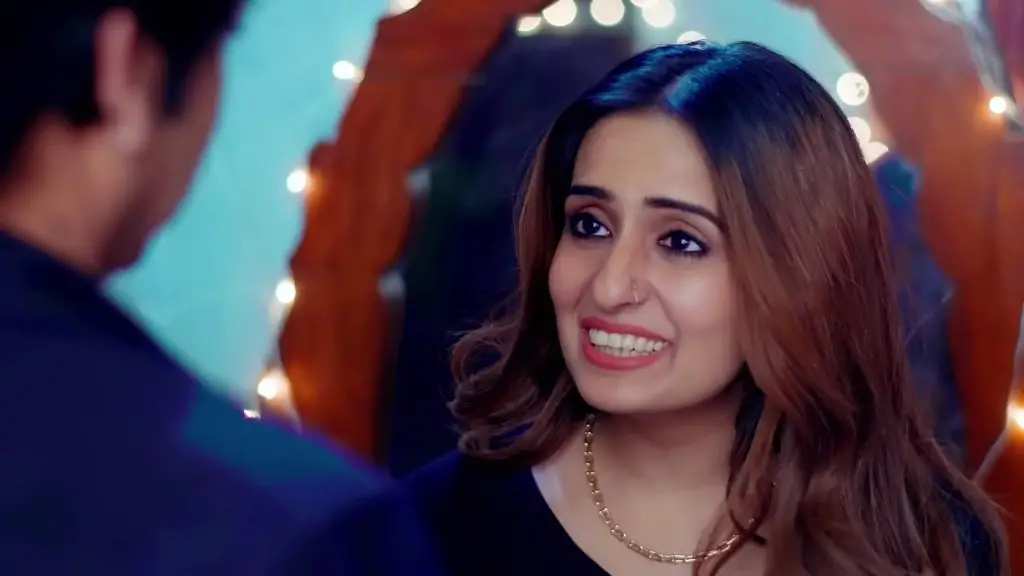Pakistani Drama Sparks Controversy Over Bold Themes
Pakistani dramas are widely appreciated for their family-friendly content, engaging storytelling, and strong cultural values. Over the years, these dramas have built a reputation for portraying real-life struggles while maintaining a sense of decency. Even when tackling sensitive subjects like domestic abuse or societal issues, Pakistani dramas traditionally handle them with restraint, ensuring that they remain suitable for family viewing.
However, every now and then, a drama pushes the boundaries, leading to public backlash. The latest controversy surrounds Hawas Aur Mohabbat, a web series that premiered on Grey Films’ YouTube channel. Several scenes and dialogues from the show have gone viral, sparking debates across social media platforms.

What is Hawas Aur Mohabbat About?
The drama follows the story of a prostitute and a simple, innocent man, portrayed by the talented Saleem Mairaj. The plot delves into the complexities of their interaction, exploring themes of love, morality, and survival. However, it is not the storyline that has caused an uproar—it’s the way it has been presented.
Viewers have taken issue with the explicit nature of the language and scenes, which they believe do not align with traditional Pakistani storytelling. While web series allow more creative freedom than television dramas, many feel that Hawas Aur Mohabbat has crossed the line, making it inappropriate for the local audience.

Public Reaction: Social Media Outrage
The release of Hawas Aur Mohabbat has ignited heated discussions on social media. Netizens are criticizing the drama for its “unnecessary boldness,” arguing that such content should not be normalized in Pakistan. Many are calling for regulatory authorities to step in and take action against the makers, questioning how such content was allowed to be produced in the first place.
Some of the key points raised by viewers include:
- Concerns Over Cultural Values – Many argue that this type of content erodes the moral fabric of society.
- Regulatory Oversight – Critics are questioning why there is no strict control over online content.
- Fear of Normalization – Viewers worry that such bold themes could become more common in future Pakistani productions.
While some defend the drama by stating that web series should have more creative freedom, the majority of the audience remains firmly against such explicit content.

The Bigger Debate: Changing Trends in Pakistani Entertainment
Pakistani entertainment is evolving with the rise of streaming platforms and web-based content. Unlike traditional TV dramas that must adhere to strict broadcasting regulations, web series provide filmmakers with the opportunity to explore mature themes without censorship.
However, this shift raises an important question: Where should the line be drawn? While artistic freedom is essential, it is equally important to respect audience sensibilities and cultural expectations.
This controversy surrounding Hawas Aur Mohabbat highlights a growing divide in the entertainment industry—between those who advocate for creative freedom and those who believe in preserving traditional storytelling norms.
Conclusion: What’s Next?
As the debate continues, it remains to be seen whether the backlash will lead to any action against Hawas Aur Mohabbat. Will regulatory authorities introduce stricter policies for online content? Or will filmmakers continue to push the boundaries of storytelling?
One thing is certain—Pakistani audiences are vocal about their expectations, and dramas that fail to respect cultural sensitivities will continue to face public scrutiny.

